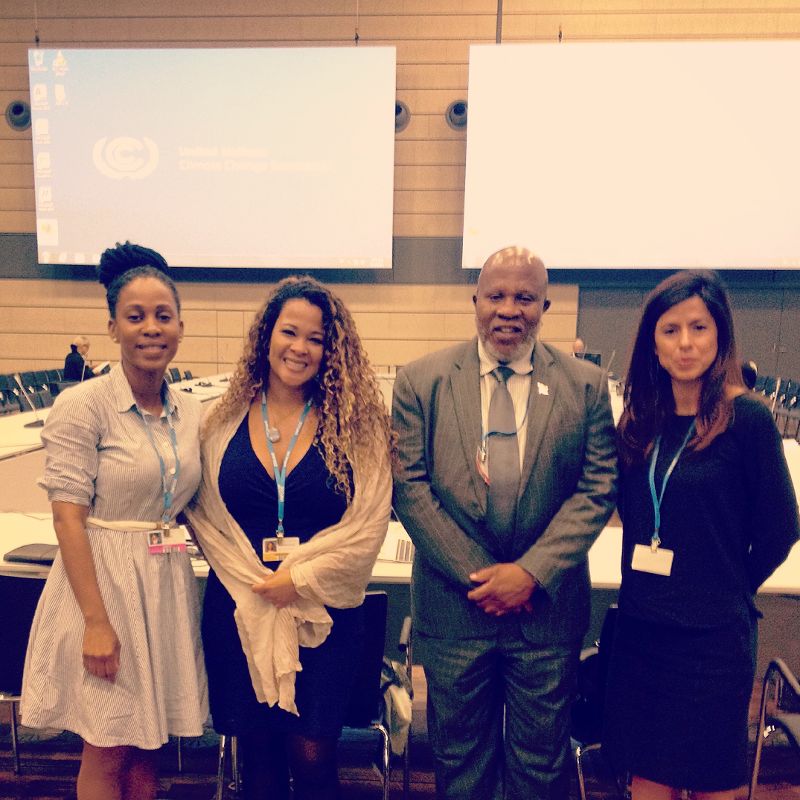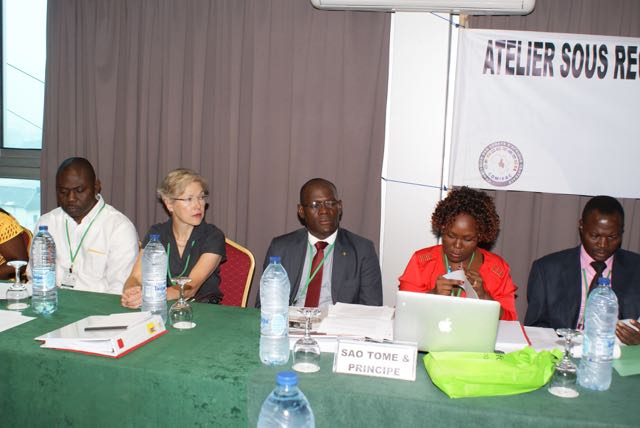12 October 2015
On Monday 5 October the Co-Chairs of the Ad-hoc Working Group on the Durban Platform for Enhanced Action (ADP) issued a revised note on the content of the 2015 climate agreement (ADP.2015.8.InformalNote). It contains a draft agreement (section A) and a draft COP decision (B). The new ‘Draft Agreement’ comprises 26 articles on 9 pages that cover all the areas under negotiation (mitigation, adaptation, finance etc.).
However, many key issues are only addressed in very general terms and this may lead to a reinterpretation of the Parties’ existing rights and commitments under the UNFCCC (and the Kyoto Protocol), other international treaties or customary international law.
This trend has been a concern for many poor and climate vulnerable developing countries for a while. Following the publication of the “Co-Chairs’ tool” in July in preparation for the last ADP 2-10 session, several delegates asked for advice related to, for example, the following issues:
- Under the UNFCCC developed country Parties have agreed to support the adaptation to climate change impacts in developing countries. However, there is no legal obligation on developing countries to adapt to the adverse (or other) effects of climate change. In view of this, some delegates were concerned that under the new agreement additional commitments for developing countries Parties could be introduced (without corresponding clear and predictable financial commitments by developed country Parties).
- International lawyers increasingly agree that the principle of prevention or ‘no harm’ applies to climate change. As a result, states have a duty to ensure (with due diligence) that greenhouse gas emissions under their jurisdiction or control do not cause harm to the environment of other states or in areas beyond national jurisdiction. If states, however, agree to address loss and damage from climate change under a new treaty, the application of the general rules on transboundary harm may be limited.
- For many years developing countries have been arguing in the climate negotiations that developed country Parties have obligations under Art.4 UNFCCC to provide additional financial resources including the transfer of technology. To date, they have not met these obligations and a new agreement may water down the initial responsibilities agreed and fall behind the rights and commitment under the Convention.
In response to these concerns, LRI advisers have prepared possible draft text for declarations on, for example, finance and technology transfer, adaptation and loss and damage. Declarations are statements made by a State when signing, ratifying or accepting an international treaty to clarify its understanding of the scope of the treaty or certain of its provisions. Unlike reservations, however, declarations do not alter the legal effects of the treaty on the party making the declaration. They are essentially of a political nature but may help to strengthen arguments and negotiating positions in the future.
The draft text has been compiled and organised in one briefing in French and English.
To help francophone delegations, LRI has produced an informal French translation of the Co-Chairs note. This is for information purposes only. Access Projet d’Accord 05.10.15






